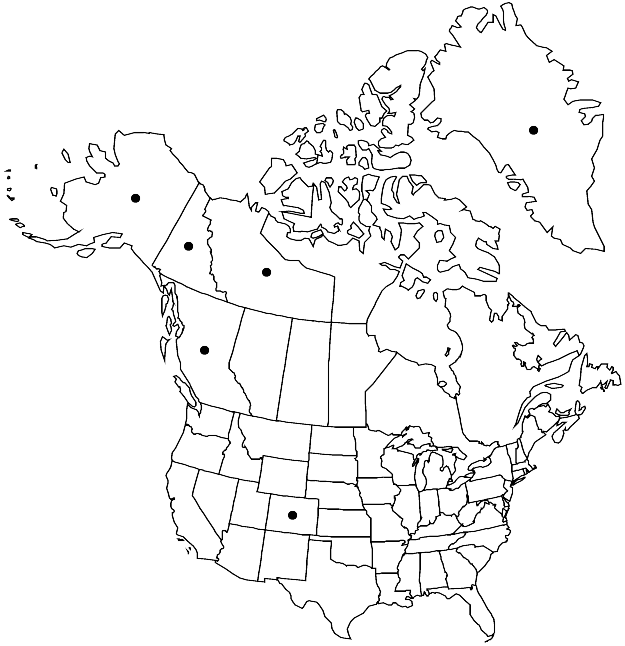Mnium spinosum
Sp. Musc. Frond. Suppl. 1(2): 130. 1816.
Plants 3.5–6 (–8) cm. Stems red or reddish-brown. Leaves green to dark green, crisped or undulate, twisted when dry, elliptic, ovate-elliptic, oblong-ovate, or rarely obovate, rarely narrow, 4–6 mm, proximal stem-leaves narrowly triangular; base long-decurrent; margins reddish-brown, multistratose with stereid band, toothed to below mid leaf, teeth paired, large, sharp; apex acute or rounded-acute, cuspidate or sometimes apiculate, cusp toothed; costa percurrent or excurrent, distal abaxial surface toothed, adaxial surface rarely toothed; medial laminal cells elongate, (20–) 25–40 µm, slightly smaller towards margins, in diagonal or weak longitudinal rows, not or weakly collenchymatous, blue postmortal color absent; marginal cells linear, in (2–) 3–4 rows. Sexual condition dioicous. [Seta single to several. Capsule yellowbrown, 1.5–2.5 mm; operculum rostrate; exostome light-brown. Spores 20–32 µm].
Phenology: Capsules mature late spring.
Habitat: Forests on humus, soil
Elevation: low to moderate (high) elevations
Distribution

Greenland, B.C., N.W.T., Yukon, Alaska, Colo., Europe, Asia
Discussion
Well-developed leaves of Mnium spinosum, a northern species, are characterized by long, sharp, and often highly divergent marginal teeth, present to well below mid leaf. The longer leaves and the angular, not or weakly collenchymatous laminal cells separate this species from M. lycopodioides and M. marginatum. Sporophytes have not been observed in North American collections. Characteristics of the sporophyte that are presented here are taken from A. J. E. Smith (2004).
Selected References
None.